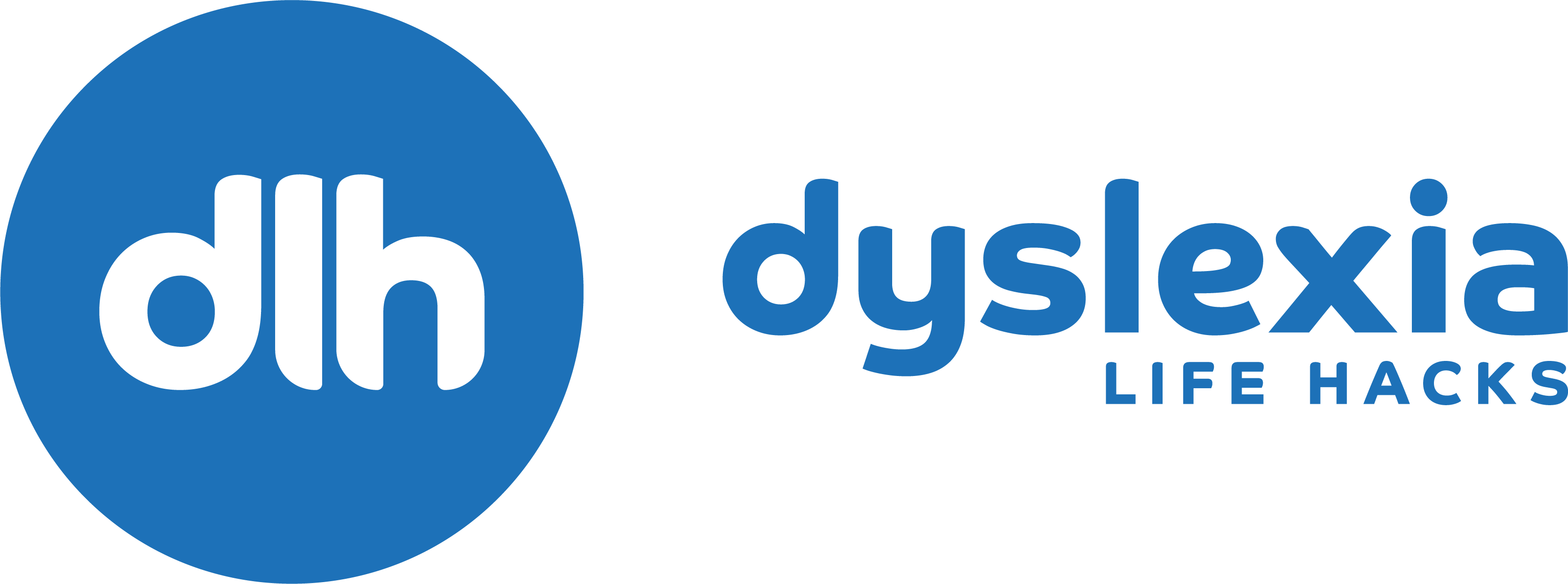This hack has been sent in by Laura.
When word-processing a long document, turn the spellchecker off at the start. This may seem counter-intuitive, however, it frees you from the ‘red squiggle of doom’ and allows you to simply form your words on paper and focus on recording your fabulous ideas. You can simply turn the spellchecker on again at the end to address any spelling errors. You’ll be surprised how much quicker and more efficient you are!
This works very nicely with the “Fast, Bad, Wrong” hack.





